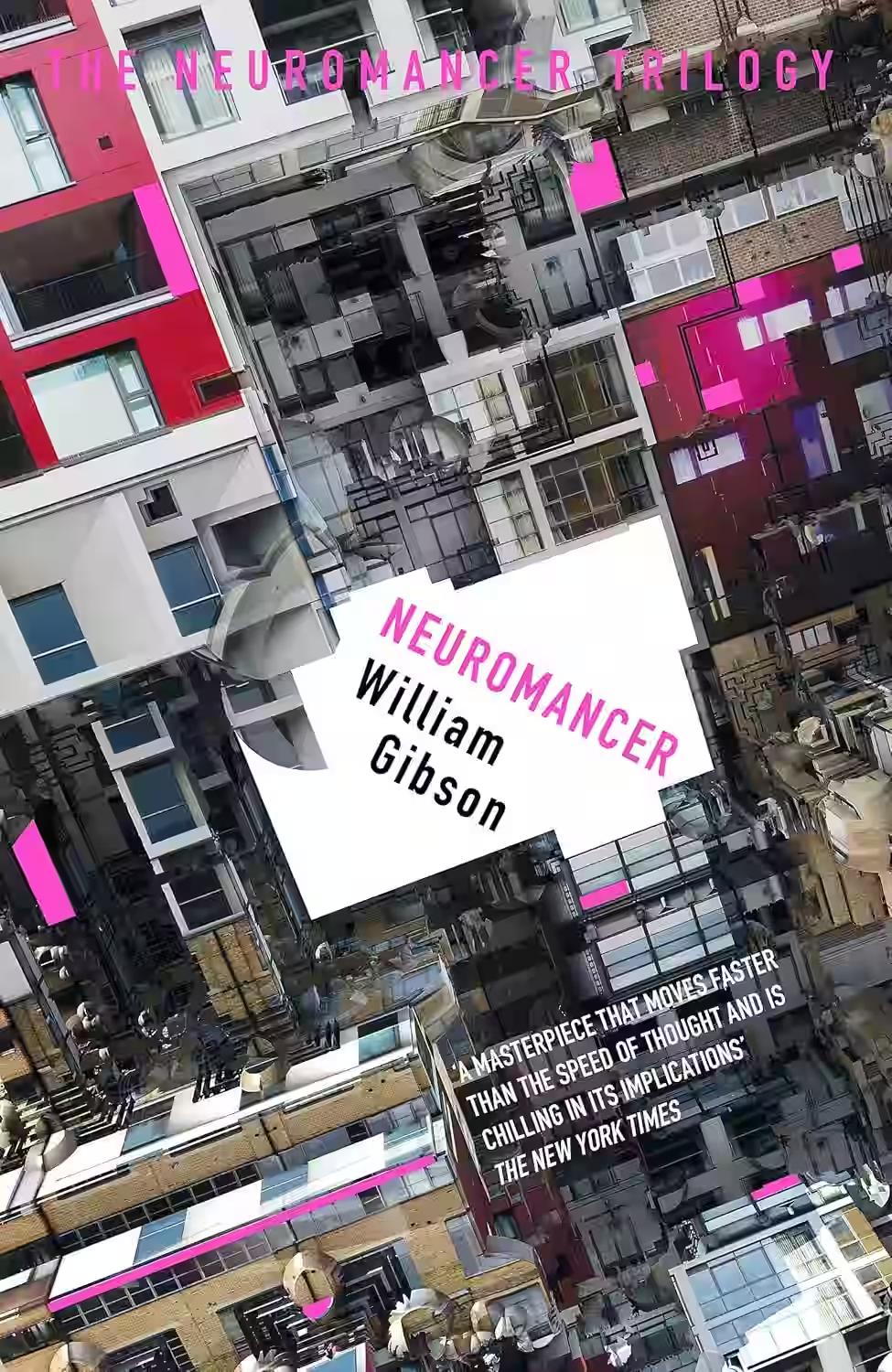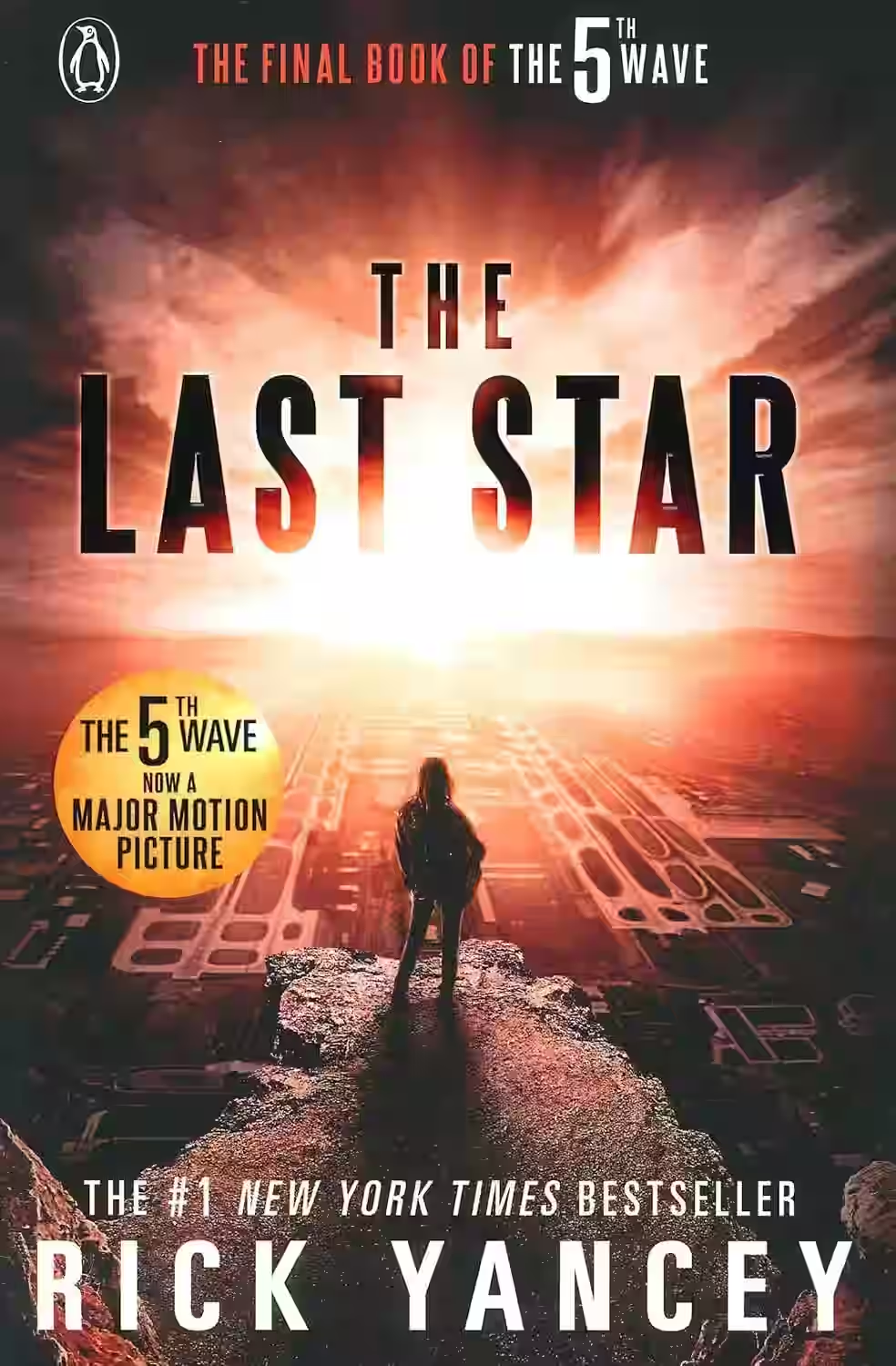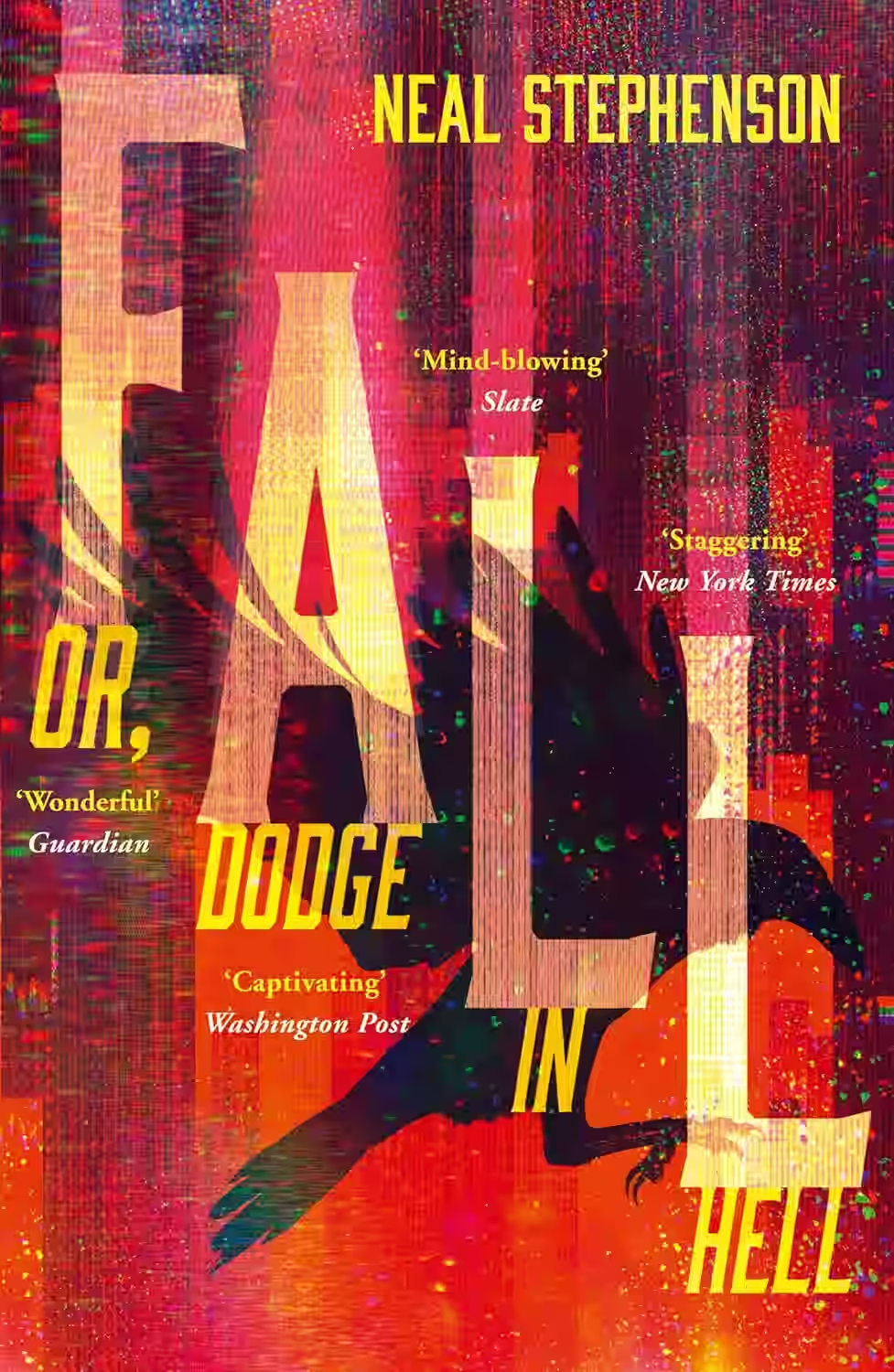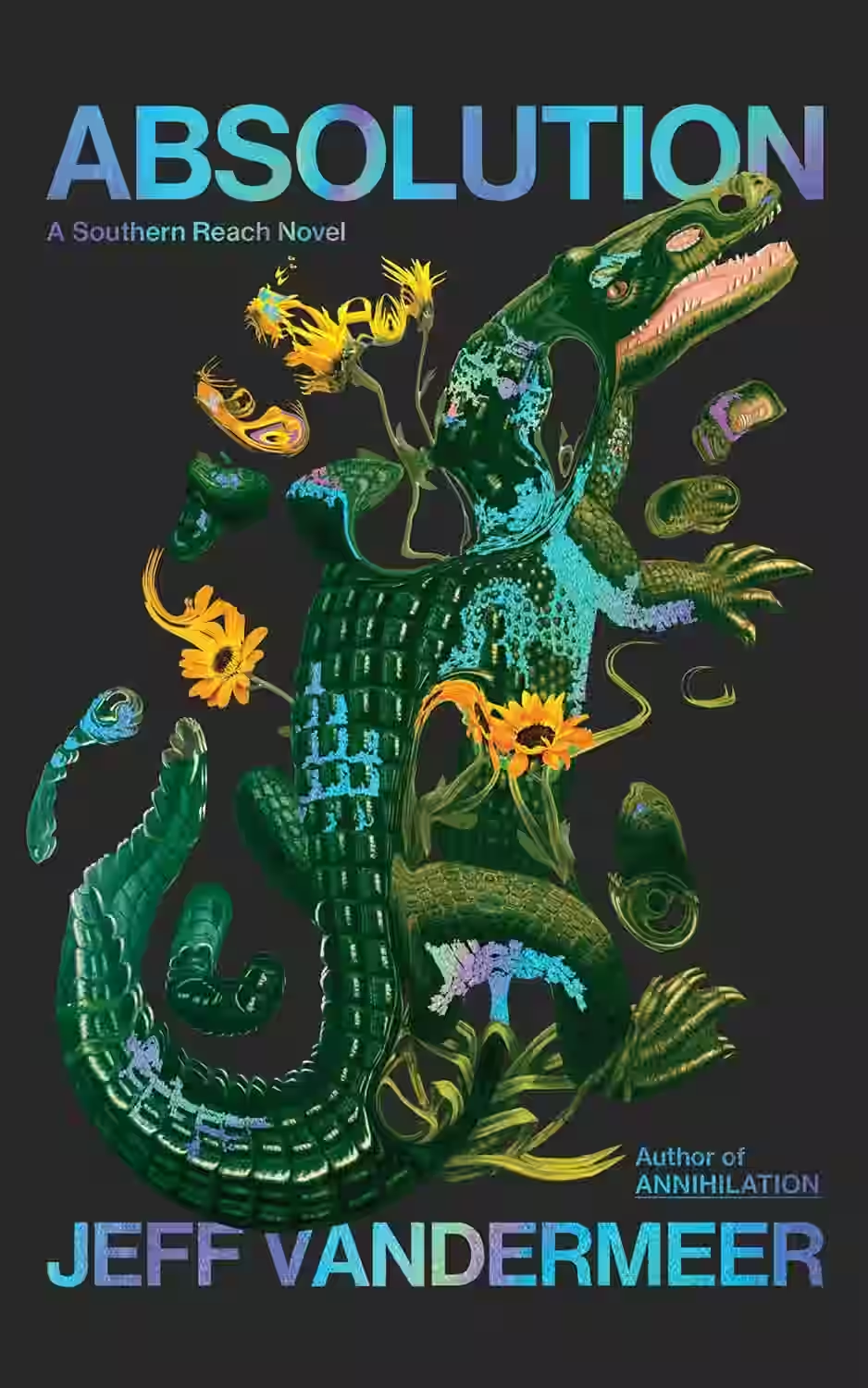
In William Gibson's 'Neuromancer,' readers are thrust into a dystopian future where cybernetic enhancements and virtual reality reign supreme. The story follows Case, a washed-up computer hacker, who is given a chance at redemption by a mysterious employer. As Case delves deeper into the virtual world, he uncovers a complex web of deceit and power struggles that blur the lines between reality and illusion. Exploring themes of artificial intelligence, corporate greed, and the nature of humanity, 'Neuromancer' is a groundbreaking work of science fiction that set the standard for cyberpunk literature. Gibson's gritty prose and visionary ideas make this a must-read for fans of the genre.
About Sprawl Trilogy Series
The Sprawl Trilogy is a cornerstone of the cyberpunk genre, envisioning a gritty, high-tech future shaped by corporations, AI, and virtual reality. Starting with Neuromancer, it follows Case, a washed-up hacker, as he's pulled into a plot involving powerful artificial intelligences. Gibson's vision of cyberspace—the "Matrix"—was groundbreaking and has deeply influenced sci-fi and real-world tech culture. The trilogy continues with Count Zero and Mona Lisa Overdrive, each expanding on the interconnected world and exploring the blurred lines between humanity and technology. Its noir tone, prophetic insight, and complex narrative style make it a landmark in speculative fiction.
About William Gibson
William Gibson, born on March 17, 1948, is a pioneering science fiction writer known for coining the term 'cyberspace' and the cyberpunk subgenre. Hailing from Conway, South Carolina, Gibson's dystopian visions of the future in works like 'Neuromancer' (1984) and 'Virtual Light' (1993) have had a profound influence on literature and popular culture. Considered a prophet of the digital age, he explores themes of technology, globalization, and societal decay with gritty realism and visionary insight. Gibson's writing style, blending noir elements with high-tech environments, has earned him critical acclaim and a loyal following among fans of speculative fiction.
Similar Books

For the Win
Cory Doctorow's 'For the Win' is a riveting exploration of the intersection between economics, technology, and global labor rights. Set in a near-futuristic world, the novel delves into the lives of gamers across the globe who engage in virtual economies, highlighting their struggle for fair labor practices. As characters from the United States, India, and China unite to form a virtual union, Doctorow skillfully illustrates the potential impact of digital and real-world activism. The story is a thought-provoking commentary on globalization and the power dynamics of economies, all wrapped in an engaging narrative filled with tension and optimism. 'For the Win' pushes readers to consider the implications of our increasingly interconnected economies and the role technology plays in shaping societal structures.

The Last Star
by Rick Yancey
Series: The 5th Wave (#3)
In 'The Last Star,' the gripping finale to Rick Yancey’s The 5th Wave series, readers are thrown headlong into a chaotic world on the brink of extinction. The story unfolds with an intense battle against the alien invaders who have orchestrated Earth's devastation through a series of calculated waves. Protagonists Cassie, Ben, and Ringer face their toughest challenges yet as hope wanes and their world crumbles. Themes of trust, survival, and the essence of humanity are explored as the remnants of society struggle to retain their humanity in the face of existential threats. Yancey's vivid writing keeps the stakes high, leading to a conclusion that questions the cost of survival. The book provides a heart-pounding ride, combining action, emotion, and philosophical inquiry into what it means to be human.

Fall Or, Dodge In Hell
‘Fall; Or, Dodge in Hell’ by Neal Stephenson is a thought-provoking exploration of digital afterlife, the evolution of technology, and the human spirit’s quest for immortality. This ambitious novel begins with the sudden death of Richard 'Dodge' Forthrast, a tech billionaire who finds himself in a digital realm created through his company’s pioneering advancements in brain mapping and resurrection technology. As Dodge navigates this constructed universe dubbed 'Bitworld,' moral, ethical, and philosophical boundaries blur between life, death, and the nature of existence. Themes of consciousness, religion, and societal evolution interweave with a richly detailed narrative that challenges perception and sparks intellectual engagement, making it a significant contribution to science fiction literature.

Absolution
Series: Southern Reach (#4)
In 'Absolution,' Jeff VanderMeer weaves a captivating narrative entrenched in the realms of eco-fiction and speculative mystery, reflecting his deft touch with the uncanny and the richly imagined. The story follows characters trapped in a dystopian landscape marred by environmental collapse while dealing with their internal turmoil and moral grappling. VanderMeer's prose is almost musical as he explores the intersections between humanity and nature, raising profound questions about climate change, guilt, and redemption. His skillful layering of suspense and philosophical quandaries ensures that readers are both entertained and provoked to introspection, making 'Absolution' a compelling read for those who enjoy cerebral and environmentally conscious fiction.